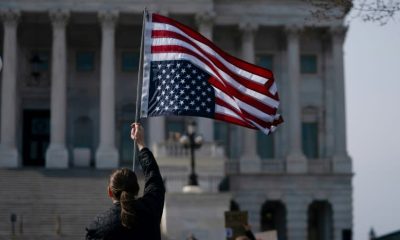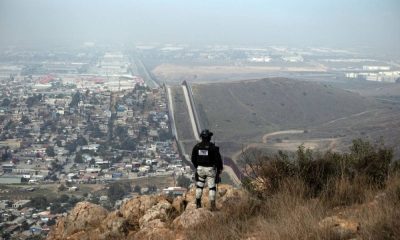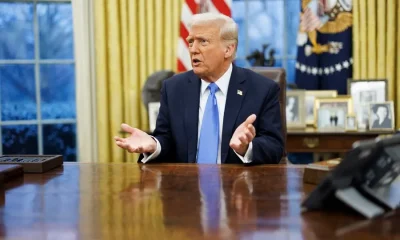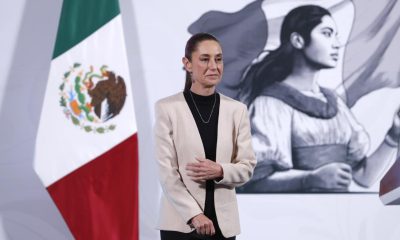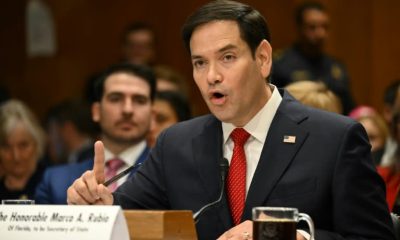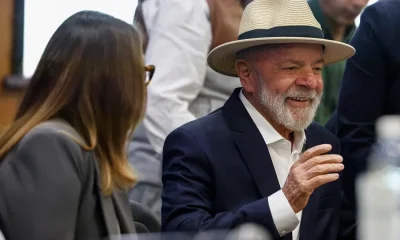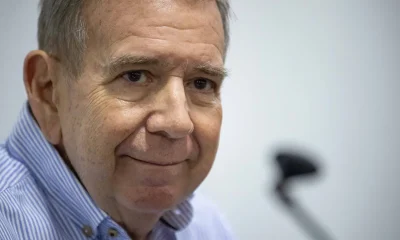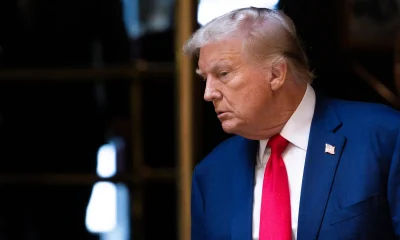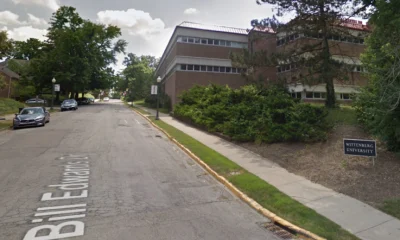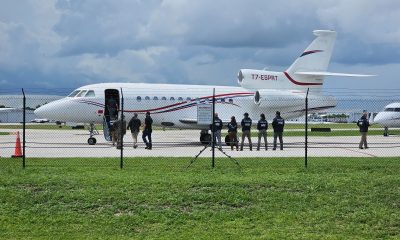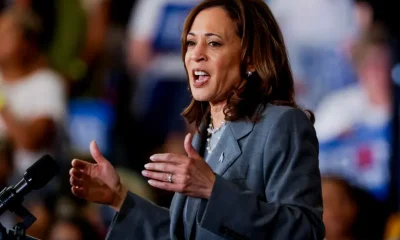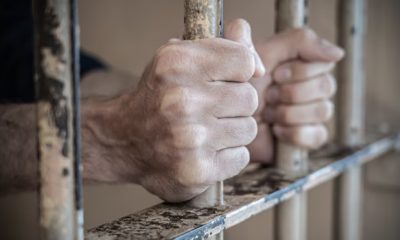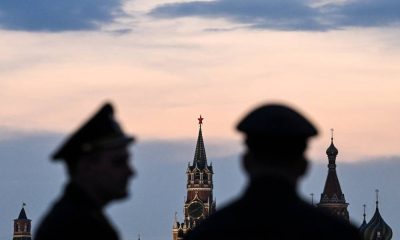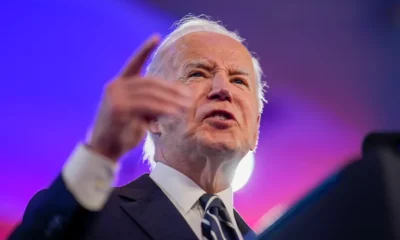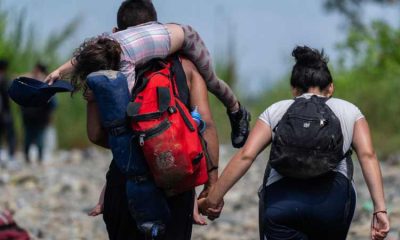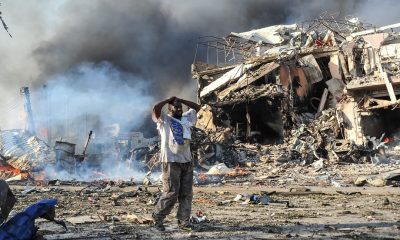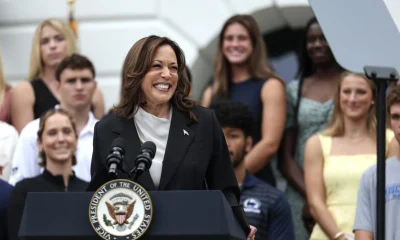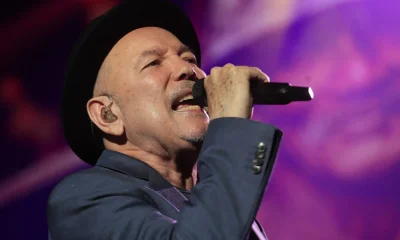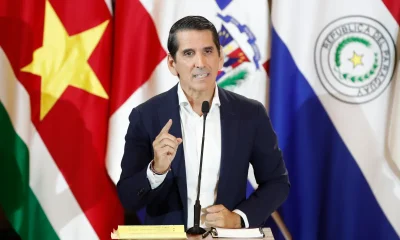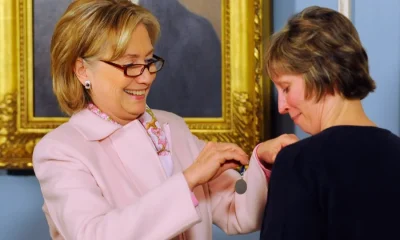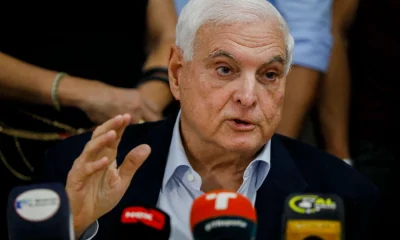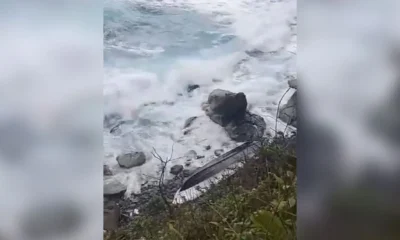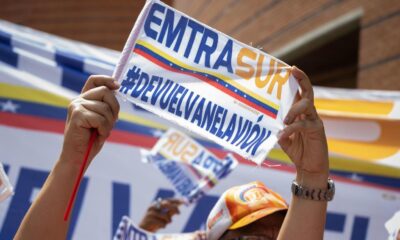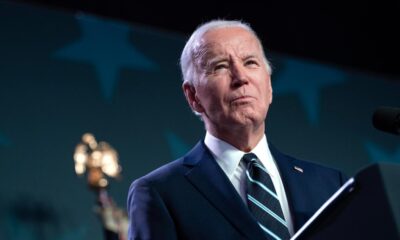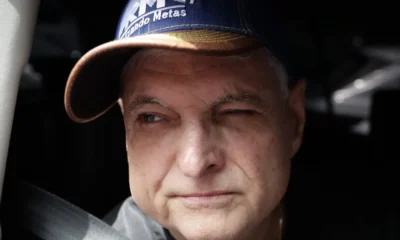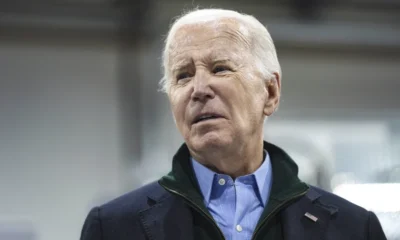Central America
Panama may cancel Chinese port contract as Trump threatens to ‘retake’ canal
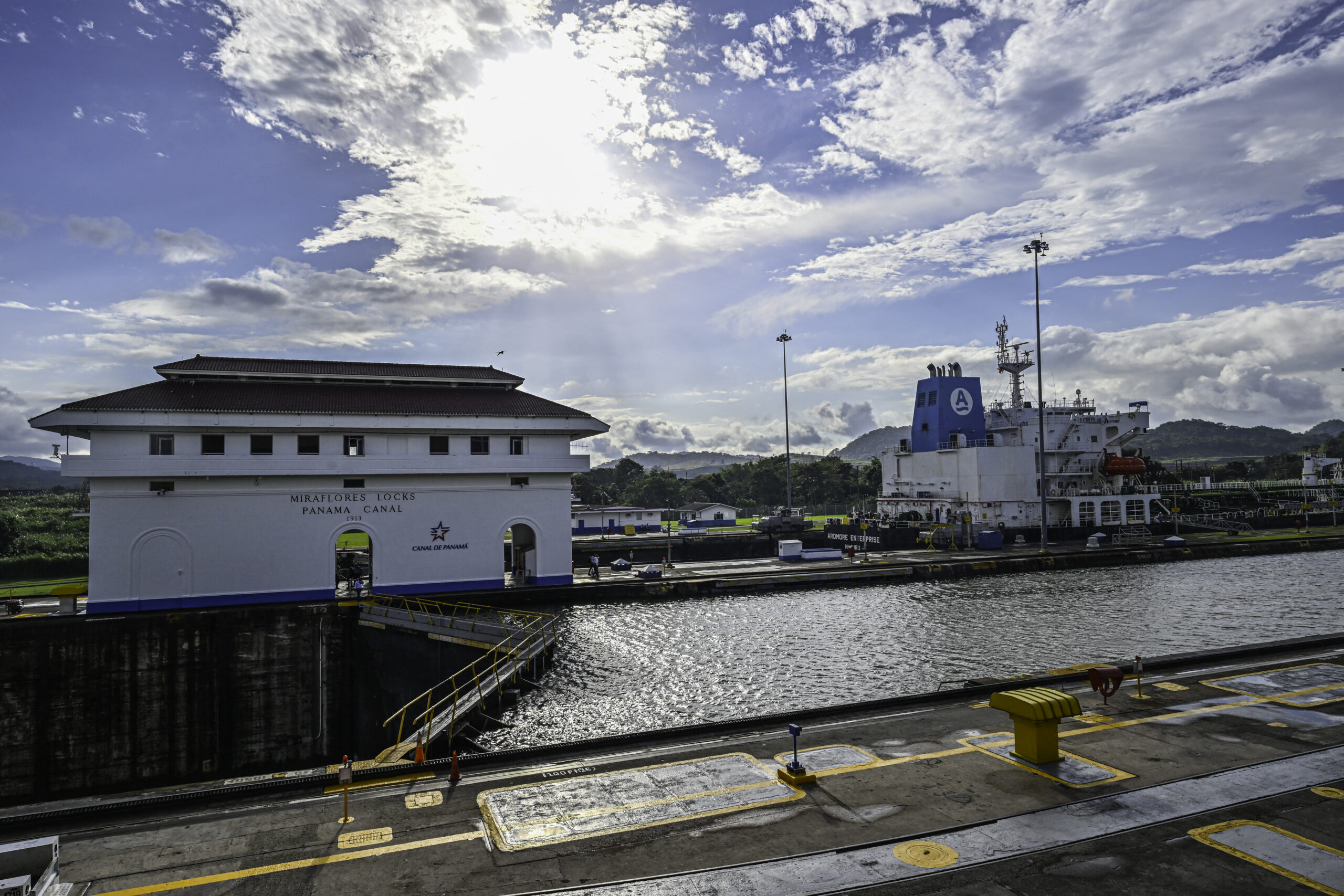
Central America
OAS urges swift recount in Honduras as election results remain uncertain
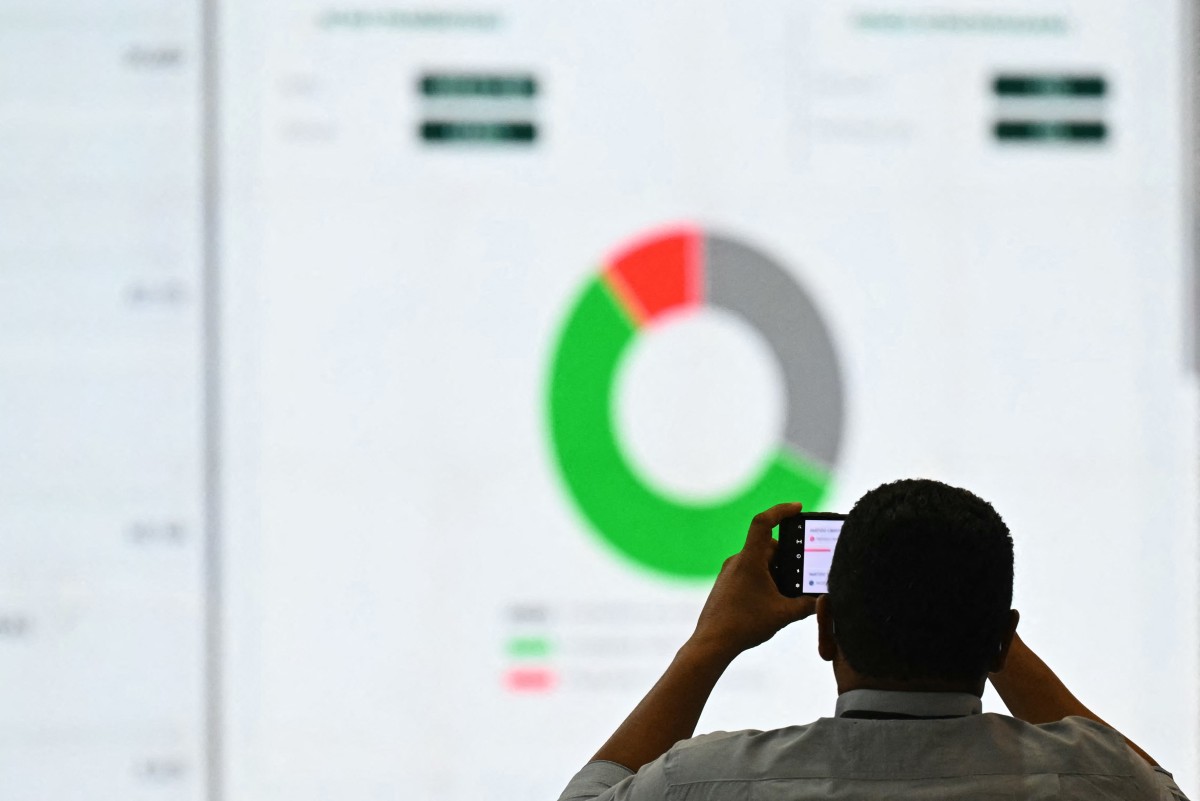
The Organization of American States (OAS) electoral observation mission in Honduras reported findings of a “lack of expertise” and “delays” in the vote-counting process, but stated that it found no indications that would cast doubt on the results of the November 30 general elections, according to a report presented to the organization’s Permanent Council.
The delay by electoral authorities in releasing the final results “is not justifiable,” said former Paraguayan foreign minister Eladio Loizaga while reading the report.
Honduras marked two weeks on Monday without knowing who its next president will be, following elections in which conservative candidate Nasry Asfura, backed by U.S. President Donald Trump, holds a lead of less than two percentage points over fellow right-wing contender Salvador Nasralla.
Accusations of fraud have dominated Honduras’ political landscape since polls closed on the last Sunday of November.
In addition to Nasralla’s complaints, the current government led by leftist President Xiomara Castro has described Trump’s support for Asfura as an “electoral coup.”
The U.S. president has warned of “serious consequences” if the current results were to change and strip Asfura, a 67-year-old businessman, of his lead.
Although more than 99 percent of the votes have been counted, nearly 2,800 tally sheets contain “inconsistencies” and must be reviewed through a special recount, the National Electoral Council (CNE) said.
“The Mission urgently calls on the electoral authorities to immediately begin the special recount and to pursue all possible avenues to obtain official results as quickly as possible. The current delay in processing and publishing the results is not justifiable,” the head of the OAS mission told members of the organization.
Central America
Panama seizes over three tons of drugs hidden in Caribbean port container
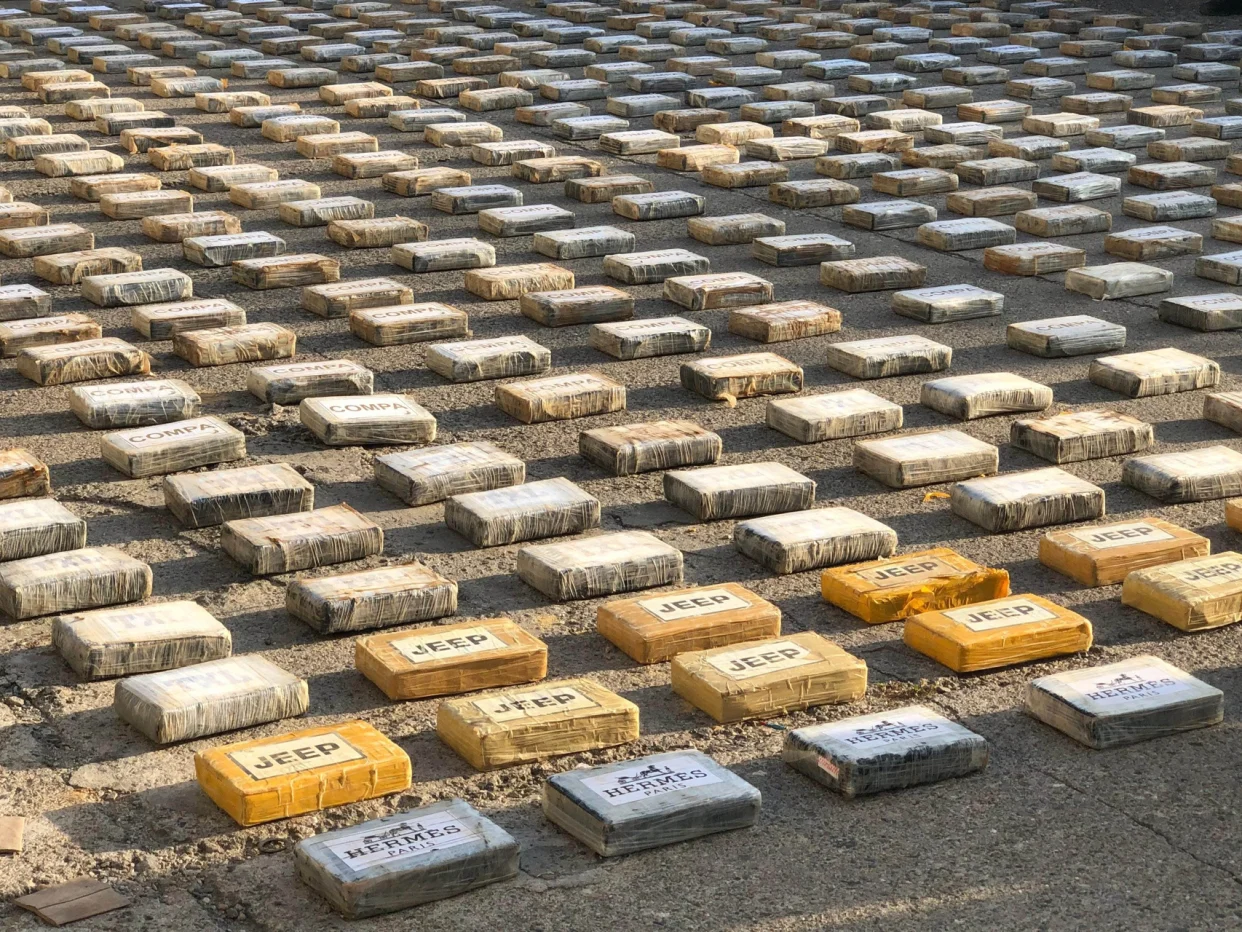
Panama’s National Air and Naval Service (Senan) reported on Sunday the seizure of more than three metric tons of drugs that were concealed inside a shipping container at a port terminal on the country’s Caribbean coast.
According to a statement posted on X, Panamanian aeronaval authorities confirmed the confiscation of 3,205 packages of a suspected illicit substance hidden inside a container in transit through Panama, at a port facility in the Caribbean province of Colón. Each package typically weighs approximately one kilogram.
Earlier this week, Senan agents also seized an additional 2.2 metric tons of drugs and arrested five individuals, including a Colombian national, in separate operations linked to drug trafficking activities.
Panama serves as a major transit route for drugs produced in South America and destined mainly for the United States — the world’s largest consumer of cocaine — and Europe. According to official figures, Panamanian authorities seized approximately 80 metric tons of illicit substances in 2024.
Central America
Honduras election crisis deepens as CNE president denounces intimidation attempts
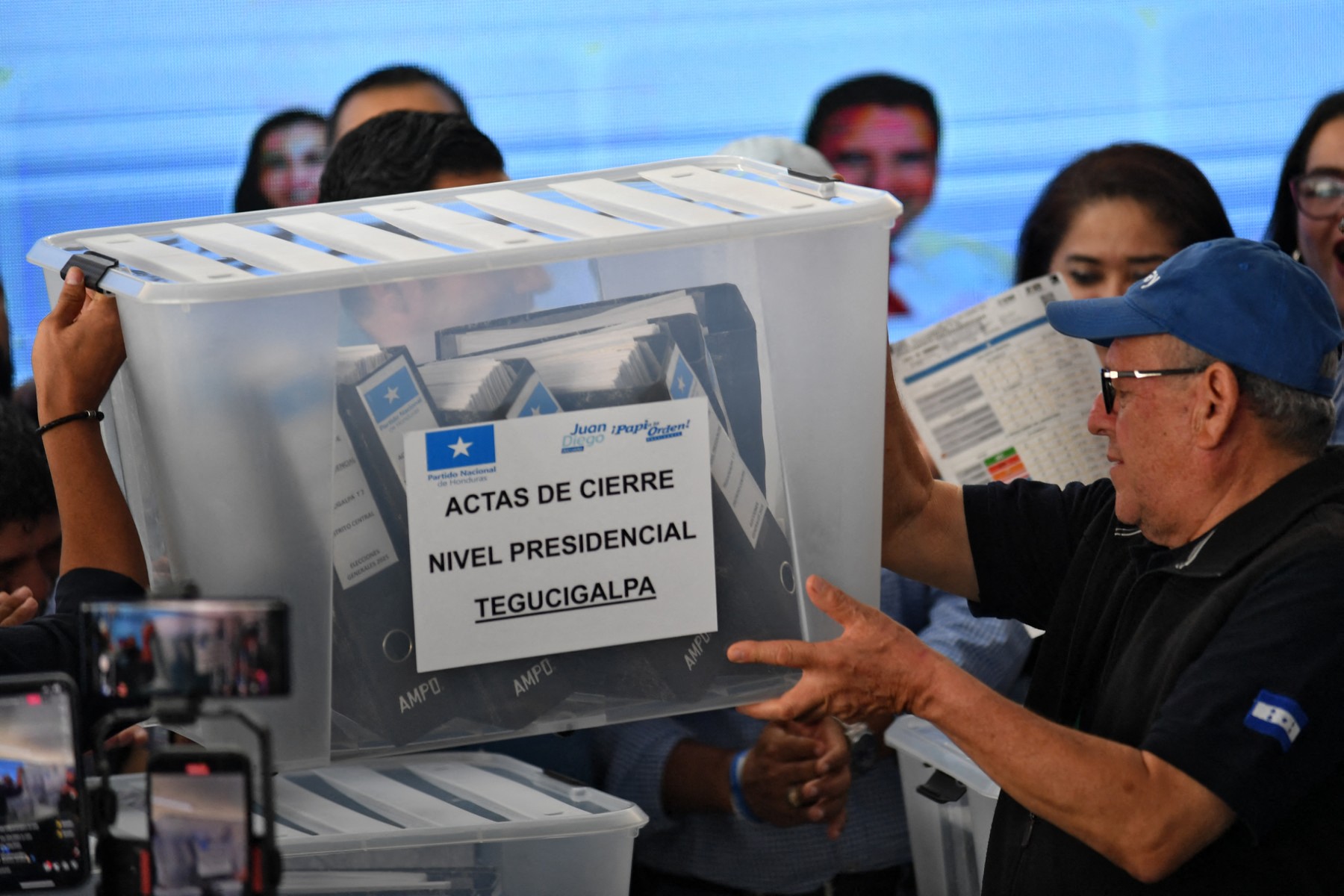
Tegucigalpa remains engulfed in a deep post-electoral crisis, marked by the absence of final results from the general elections held on November 30. On Thursday, the presiding counselor of the National Electoral Council (CNE), Ana Paola Hall, publicly denounced acts of intimidation that she warned could jeopardize the final phase of the process.
Following a meeting with the G-16+ diplomatic corps, Hall expressed concern over two specific incidents: a call by former president Manuel Zelaya summoning supporters of the Libre Party to gather outside the INFOP facilities—where electoral records and materials are being safeguarded—and a statement issued by the Permanent Commission of Congress accusing her and counselor Cossette López of alleged electoral crimes, an action she described as “baseless and outside their jurisdiction.”
Hall reaffirmed her institutional commitment and warned that she will not allow interference in the announcement of the results. “Honduras comes first,” she emphasized, underscoring her intention to defend the electoral process as a cornerstone of democracy.
Meanwhile, the preliminary results place Nasry ‘Tito’ Asfura, candidate of the National Party, in the lead with 40.52%of the vote, followed closely by Salvador Nasralla of the Liberal Party, with 39.48%. The ruling party’s candidate, Rixi Moncada of Libre, is in third place with 19.29%. Around 0.6% of the tally sheets—many of them showing inconsistencies—have yet to be reviewed.
The Organization of American States (OAS) called an extraordinary session of its Permanent Council to analyze the situation, while civil organizations and governments such as Paraguay’s urged respect for the popular will.
Honduran President Xiomara Castro accused the United States, and specifically former president Donald Trump, of obstructing the process, while also denouncing threats from gangs against voters aligned with her party.
-

 International5 days ago
International5 days agoWashington declares State of Emergency as atmospheric river brings severe flooding
-

 International5 days ago
International5 days agoU.S. to require five-year social media history from tourists under Visa Waiver Program
-

 Central America4 days ago
Central America4 days agoHonduras election crisis deepens as CNE president denounces intimidation attempts
-

 Central America5 days ago
Central America5 days agoOAS and EU urge honduran political actors to respect vote results and avoid unrest
-

 International4 days ago
International4 days agoCuba battles out-of-control dengue and chikungunya epidemic as death toll rises to 44
-

 International4 days ago
International4 days agoColombia says it would not reject Maduro asylum request as regional tensions escalate
-

 International2 days ago
International2 days agoSeveral people shot in attack on Brown University campus
-

 International4 days ago
International4 days agoEcuador on track for record violence as homicides hit highest level in Latin America again
-

 International8 hours ago
International8 hours agoPolice investigate deaths of Rob Reiner and wife as apparent homicide
-

 International5 days ago
International5 days agoSix ecuadorian soldiers jailed pending trial for alleged extrajudicial execution
-

 Central America20 hours ago
Central America20 hours agoPanama seizes over three tons of drugs hidden in Caribbean port container
-

 Central America8 hours ago
Central America8 hours agoOAS urges swift recount in Honduras as election results remain uncertain
-

 International2 days ago
International2 days agoU.S. and Mexico Reach Deal to Address Water Deficit Under 1944 Treaty

























